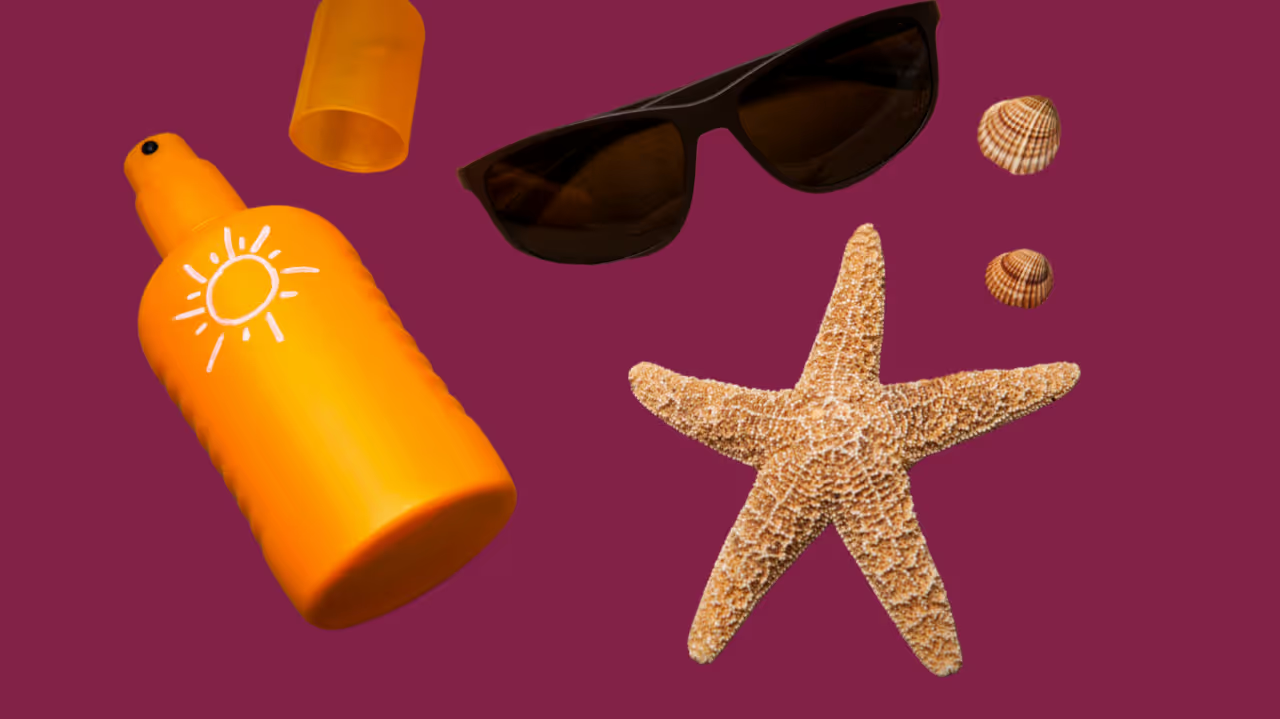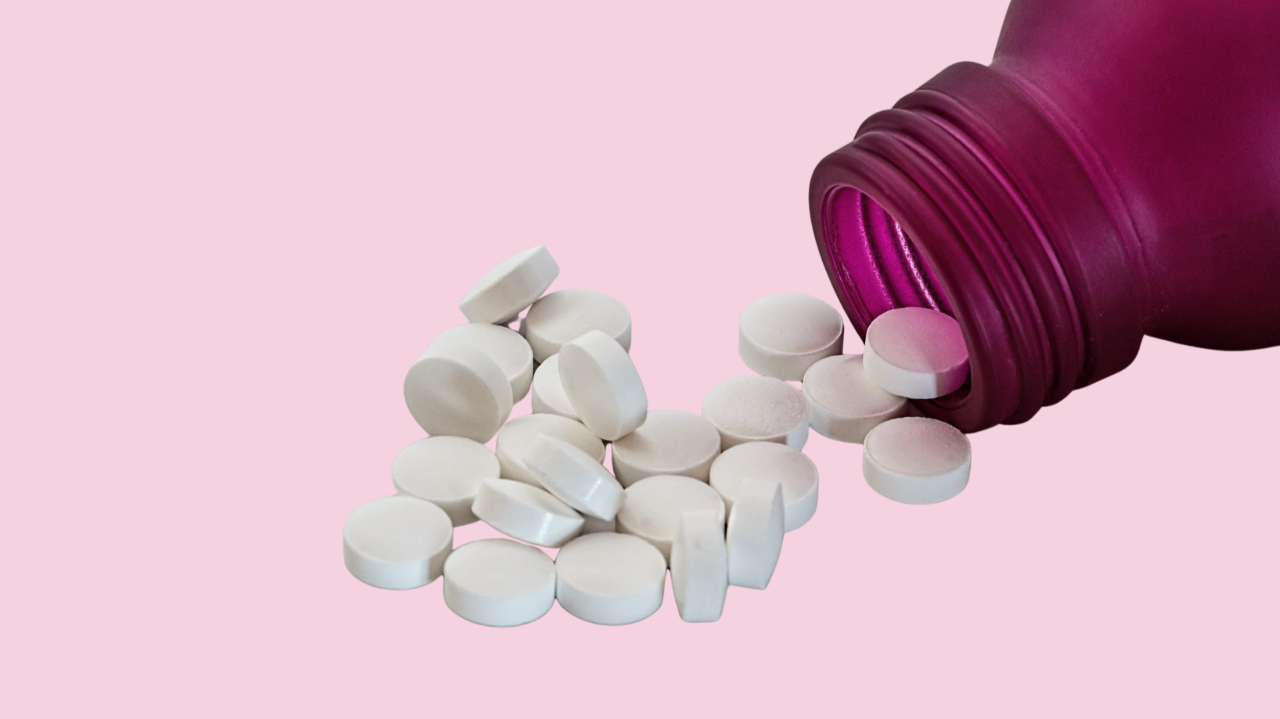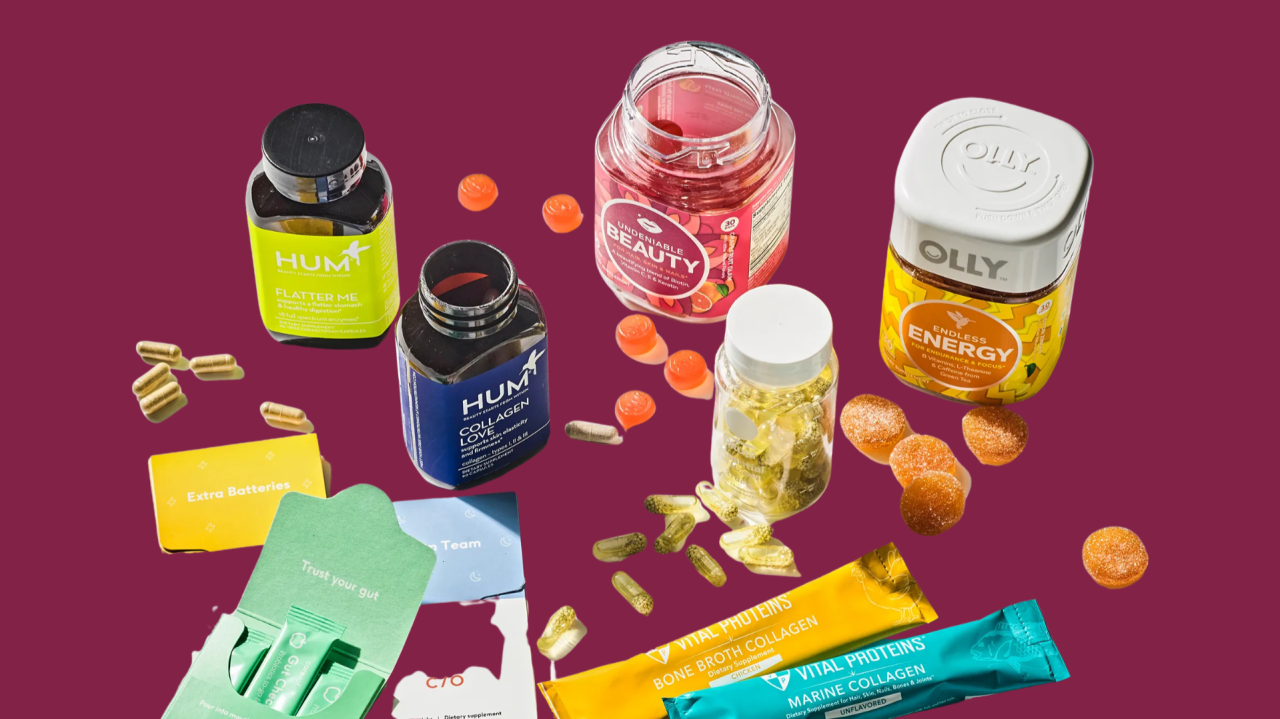Let’s talk suncream. Specifically, the difference between cosmetic sunscreens and those regulated as medical devices, because if you’re launching a sun protection product this summer, you really need to know which side of the fence you’re on.
You might assume that all sun creams are just… cosmetics with SPF slapped on the label. But that’s not always the case.
In the UK and EU, cosmetics are products intended to clean, perfume, change appearance, or protect the skin in a superficial way. So a sunscreen that claims to protect against sunburn or premature ageing? That’s cosmetic territory.
But if your product claims to prevent or treat a disease, like skin cancer or actinic keratosis (those rough, scaly pre-cancerous patches caused by sun damage), then you’re stepping into medical device land.
So, what makes a sunscreen a medical device?
It’s not about the ingredients. It’s about the intended use.
If your product claims to:
- Prevent melanoma
- Treat or prevent actinic keratosis
- Offer photoprotection for people with specific medical conditions (e.g., lupus)
…it’s no longer “just” a cosmetic. It now has a medical purpose, which means it must comply with the UK Medical Devices Regulations 2002 (or EU MDR if you're selling in the EU).
That means:
- Classifying your product (most likely Class IIa)
- Getting notified body involvement
- Producing a full technical file
- Ensuring clinical evidence supports your claims
- Applying the UKCA or CE mark correctly
All of this adds cost, complexity, and time. But it also opens the door to a different kind of marketing, one based on therapeutic or preventative claims you can’t make under cosmetics law.
What about SPF 100?
In the EU and UK, cosmetic sunscreens are capped at SPF 50+. You can’t slap SPF 100 on your product and call it a day, it simply won’t fly under the Cosmetics Regulation.
That’s because the SPF scale isn’t linear, and those higher numbers can give consumers a false sense of protection. So, even if your lab tests show SPF 75 or SPF 100, cosmetics must still be labelled as SPF 50+.
But medical devices? That’s a different story. If you’ve got the data and notified body backing, you can make those higher SPF claims, provided they’re clinically substantiated.
What to do if you’re launching something new
If your sun protection product is cosmetic, stick to the cosmetic claims. Avoid phrases like “prevents skin cancer” or “treats sun damage.” Focus on UV protection, anti-ageing, and skin conditioning.
If you’re exploring medical territory, get expert support early. You’ll need a clear regulatory strategy, solid evidence, and a notified body to review your files before you hit the market.
And remember: whichever route you go, sunscreen isn’t just a summer fling. It’s one of the most heavily regulated product types in the skincare space.
Need help figuring out where your product sits? That’s what we’re here for.


 By admin
By admin
.svg) May 23, 2025
May 23, 2025







